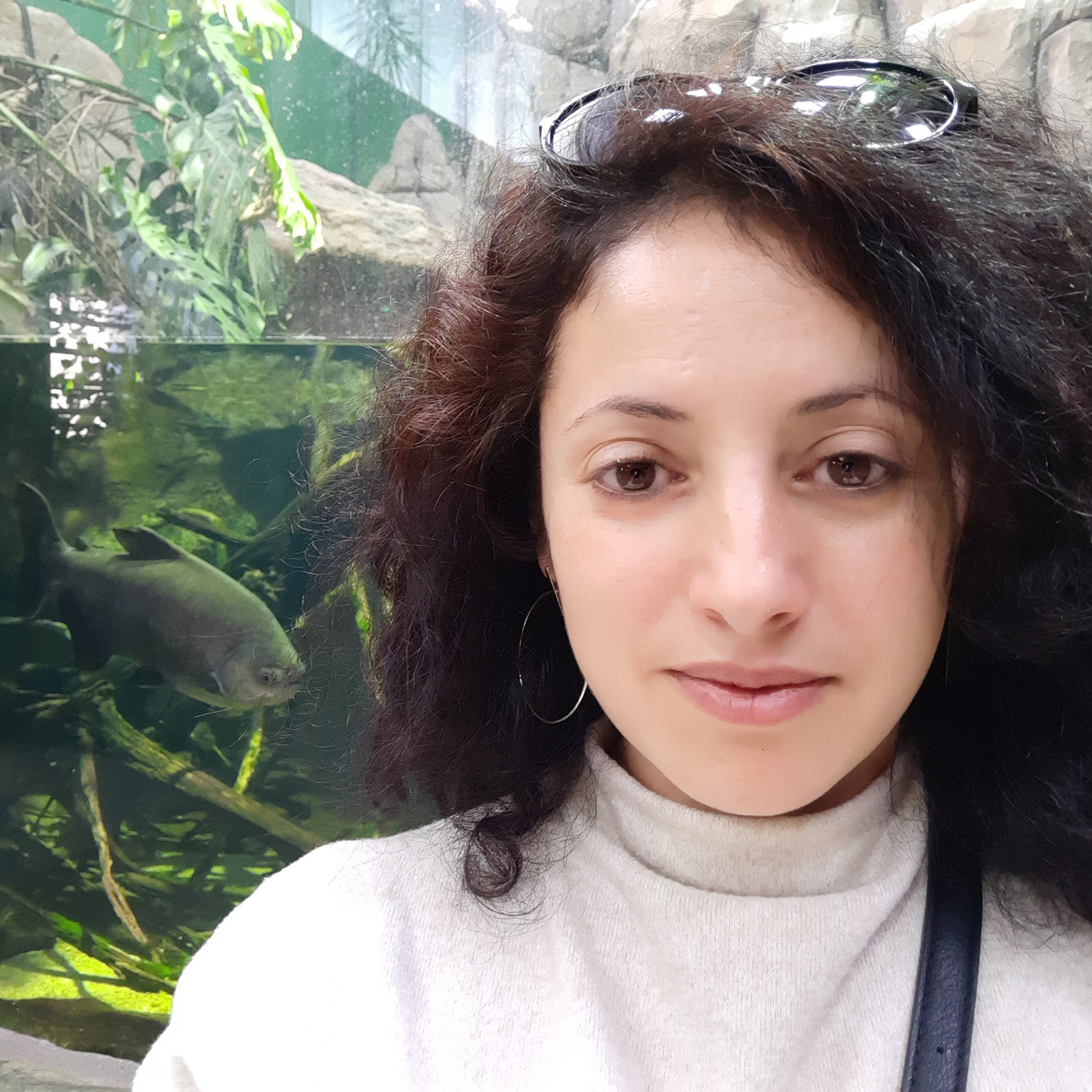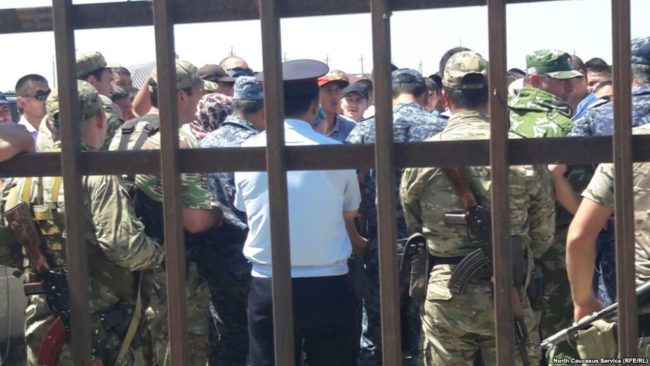
 Local residents and deputies of the Nogay District Assembly in Daghestan have successfully blocked the appointment from above of Baymagomed Yarlykapov as District Head. But this small victory for protesters may not address the root cause of the district — and republic’s — discontent.
Local residents and deputies of the Nogay District Assembly in Daghestan have successfully blocked the appointment from above of Baymagomed Yarlykapov as District Head. But this small victory for protesters may not address the root cause of the district — and republic’s — discontent.
A small victory
More than 200 residents of the village of Terekli-Mekteb, the capital of the Nogay District, gathered in the district’s administration building on 29 June to protest a delay in the election of the district head and the daghestani authorities’ interference in the elections. A rally was organised in the village the following day, gathering more than 50 people.
On 3 July, deputies of the Nogay District announced a new acting head of the district, Baymagomed Yarlykapov. Local residents and a number of other deputies rallied from early morning in front of the administration building.
Protesters managed to break into the administration building and into the meeting room.
‘According to the law, appointment of senior officials should be agreed with deputies of the District Assembly. We found out about this through [online messenger] WhatsApp’, Caucasian Knot quoted the Chairman of the District Assembly, Ruslan Nasyrov as saying.
‘Landlessness, corruption, impoverishment, labour migration — this is only a small part of what is happening to our people. All these years the municipal authorities were serving not the people, but the republic’s officials. Together they have brought the people to the boiling point, and now they have taken to the streets, holding rallies, pickets, and other forms of protest actions’, Rustam Adilgereyev, a deputy from Kuntabar village of the Nogay District told Caucasian Knot.
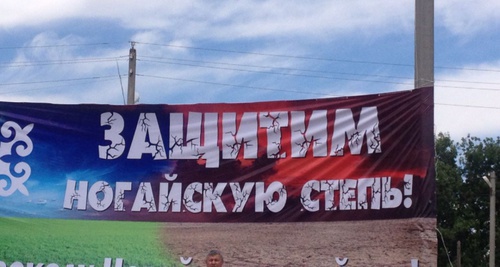
Daghestani weekly Chernovik reported that Aslan Tangatarov, a local activist and ex-deputy of the Nogay District Assembly, proposed holding a referendum on the future of the district because the authorities routinely ‘ignore the demands of the people’.
‘It is necessary to hold a referendum and to determine in which constituent entity of Russia we will have a better life’, Tangatarov said.
On 4 July, deputies retracted their decision to approve Yarlykapov as acting head. Prior to their meeting, OMON special police units arrived from the nearby Kizlyar District at the administration building. The decision was met with glee and applause by the approximately 400 protesters waiting outside.
‘Hidden power games’
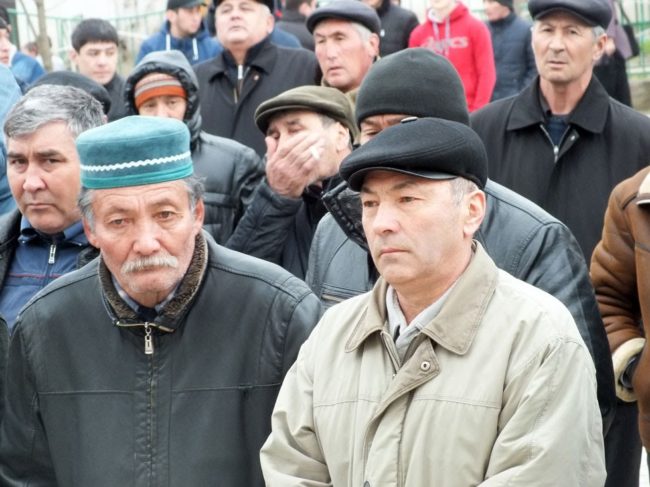
According to the Russian Constitution, local government is separated from the federal government, and is not directly accountable to it. Accordingly, any appointments from above are illegal.
Economist Mair Pashayev told OC Media that numerous violations of the constitution can provoke citizens to enter into conflict with local and republic-level authorities. In addition, Pashayev claims that Daghestani Head Ramazan Abdulatipov sells appointments as heads of cities and districts, which also generates conflict.
‘The conflict in the Nogay District is another failure of the policy of forcefully installing heads of municipal entities by Abdulatipov. The sale of posts has been taking place for all four years of his reign. He himself presents this nonsense as a renewal and purification of power. There were already protracted conflicts in Makhachkala, Derbent, Buynaksk, and now in the Tabasaran District. Take any city or district — there are hidden power games and conflicts in each of them. But now, they are all man-made — by Abdulatipov. There is one reason in most cases — the sales of posts of heads of municipalities instead of open elections’, Pashayev said.
Appropriation of pastoral lands
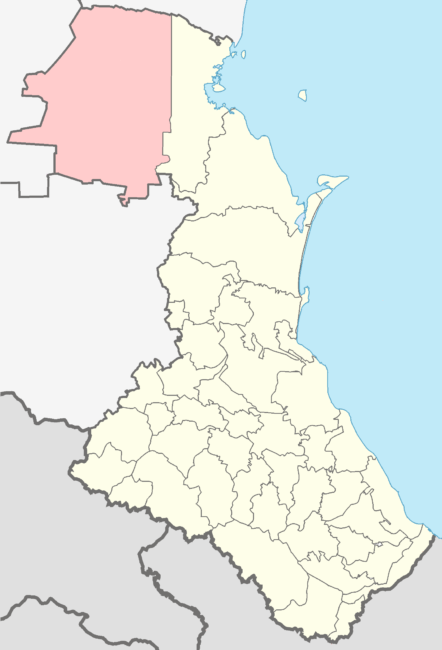
In addition to violations in the election process, residents of the Nogay District also worry about the land issue. Local activists have repeatedly stated that the republic’s authorities are trying to appropriate pastoral land which belongs to the public.
‘There are two aspects of this conflict. Firstly, pastures have been built on and [the authorities] are trying to legitimise about 200 of these cases. Secondly, the illegal sale of land is continuing in the municipalities’, Pashayev said.
Open protests on the land issue already took place at different times in other lowland areas of the republic, in Karabudakhkent, Kumtorkala, Babayurt, Khasavyurt, Kizlyar, Tarumovka, Kayakent, Derbent, and Magaramkent districts. Yet according to Pashayev, these protest movements are weak, since their demands focus mainly on specific cases, not aiming at challenging the legislation, the system of power, or observing the constitutional rights of citizens.
‘Protests and rallies of activists basically boil down to appointing their candidate to the leadership position. People do not oppose the system of selling land or selling the position of district heads by Abdulatipov. That’s why the protests are weak and Abdulatipov manages to resolve them, albeit with difficulty, by means of threats and harassment of activists’, Pashayev said.
Considering that the problems in the Nogay District have been accumulating and have remained unresolved for many years, the reversal of the decision to appoint Yarlykapov as acting head of the district is hardly a large victory for the local population. According to Pashayev, the conflict in the district has not yet been exhausted, making it difficult to predict what will happen next. The situation in Nogay District is far from unique. All municipalities in Daghestan are in a state of chronic stagnation, and there are no plans and resources, or the political will to ensure real political and economic development.




 7 July 2017
7 July 2017
